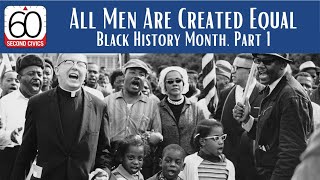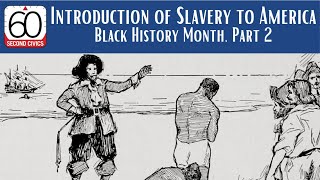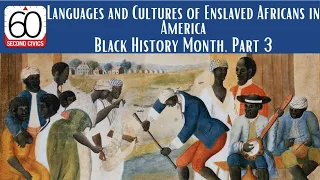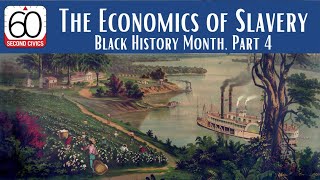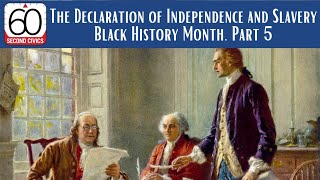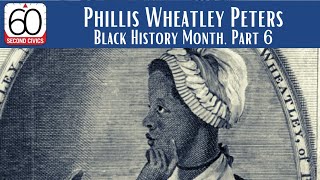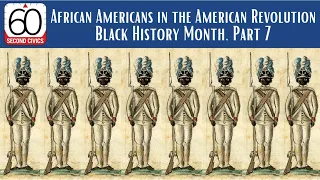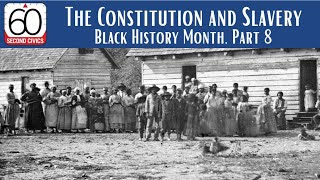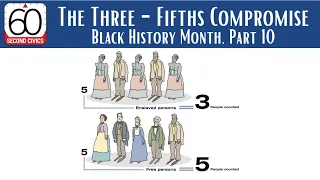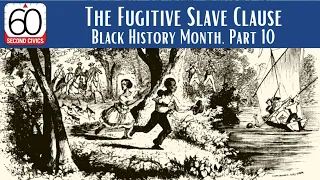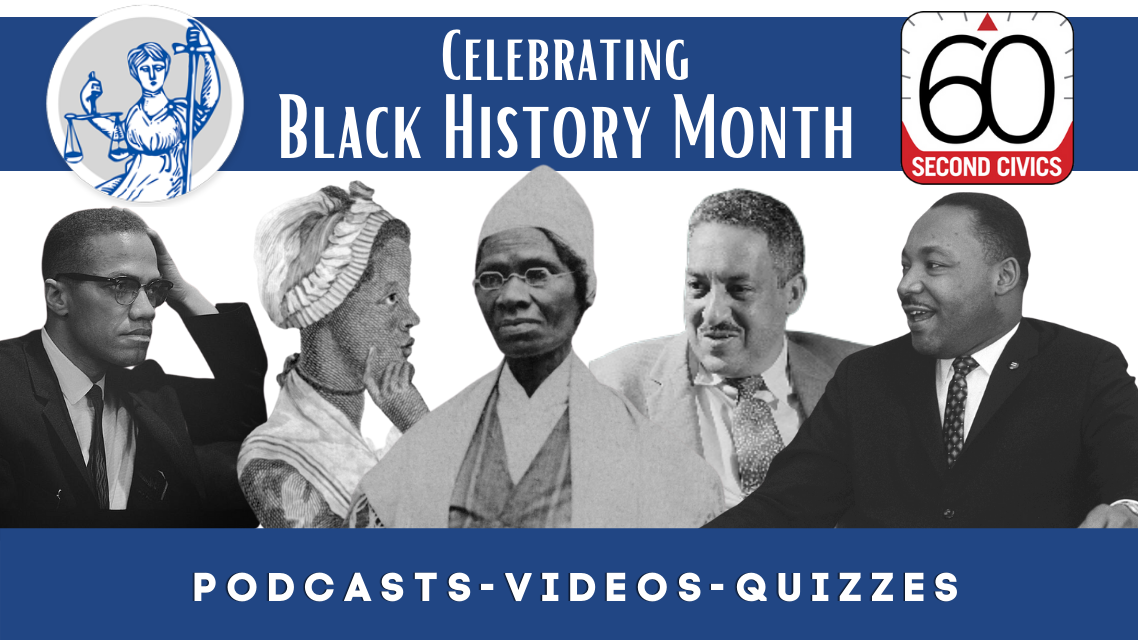
Black History Month Podcasts from 60-Second Civics
Celebrate Black History Month with this collection of brief podcast videos from 60-Second Civics.
Each episode below contains a video, quiz, and script. 60-Second Civics makes a great warmup activity for your classroom! Here is an easy and fun way to get your students started each morning:- Select an episode from the list below each day in February.
- Play the video for your class by projecting it on the board.
- Ask students to answer the Daily Civics question as a class.
- Debrief the activity by asking students why the correct answer is true.

